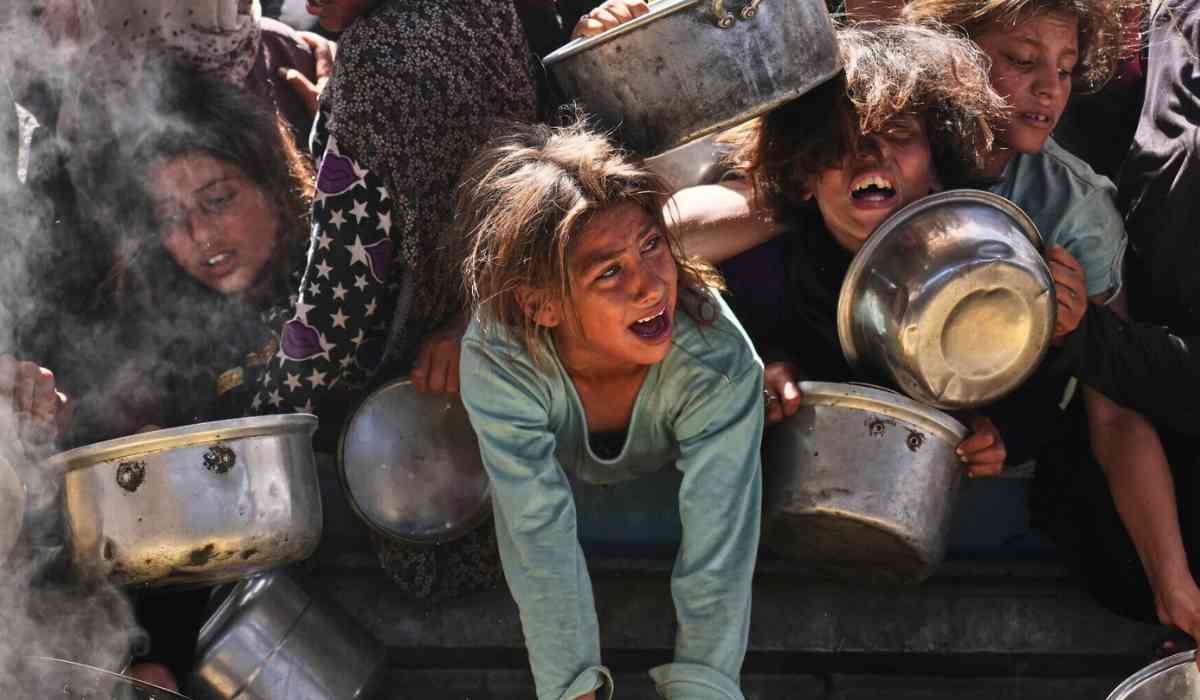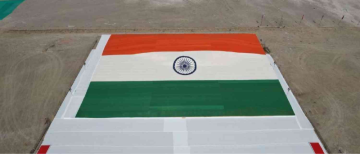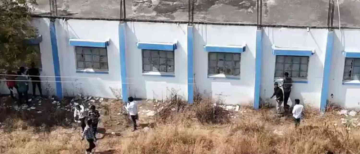After weeks of blockade and growing international concern, the United Nations has confirmed that humanitarian aid is now entering Gaza—but it is still not reaching the people who need it most. Despite Israel’s recent decision to allow more aid trucks to cross into the territory, UN officials say that ongoing military operations and strict security checks are causing dangerous delays and leaving millions of civilians at risk of starvation and disease.
The Current Situation in Gaza
Since early March 2025, Israel has enforced a strict blockade on Gaza, stopping almost all aid from entering. This blockade, combined with heavy fighting and repeated displacements, has led to what the UN calls the worst humanitarian crisis in the region since the war began in October 2023. Food, medicine, fuel, and clean water are running out, and hospitals are struggling to operate without basic supplies.
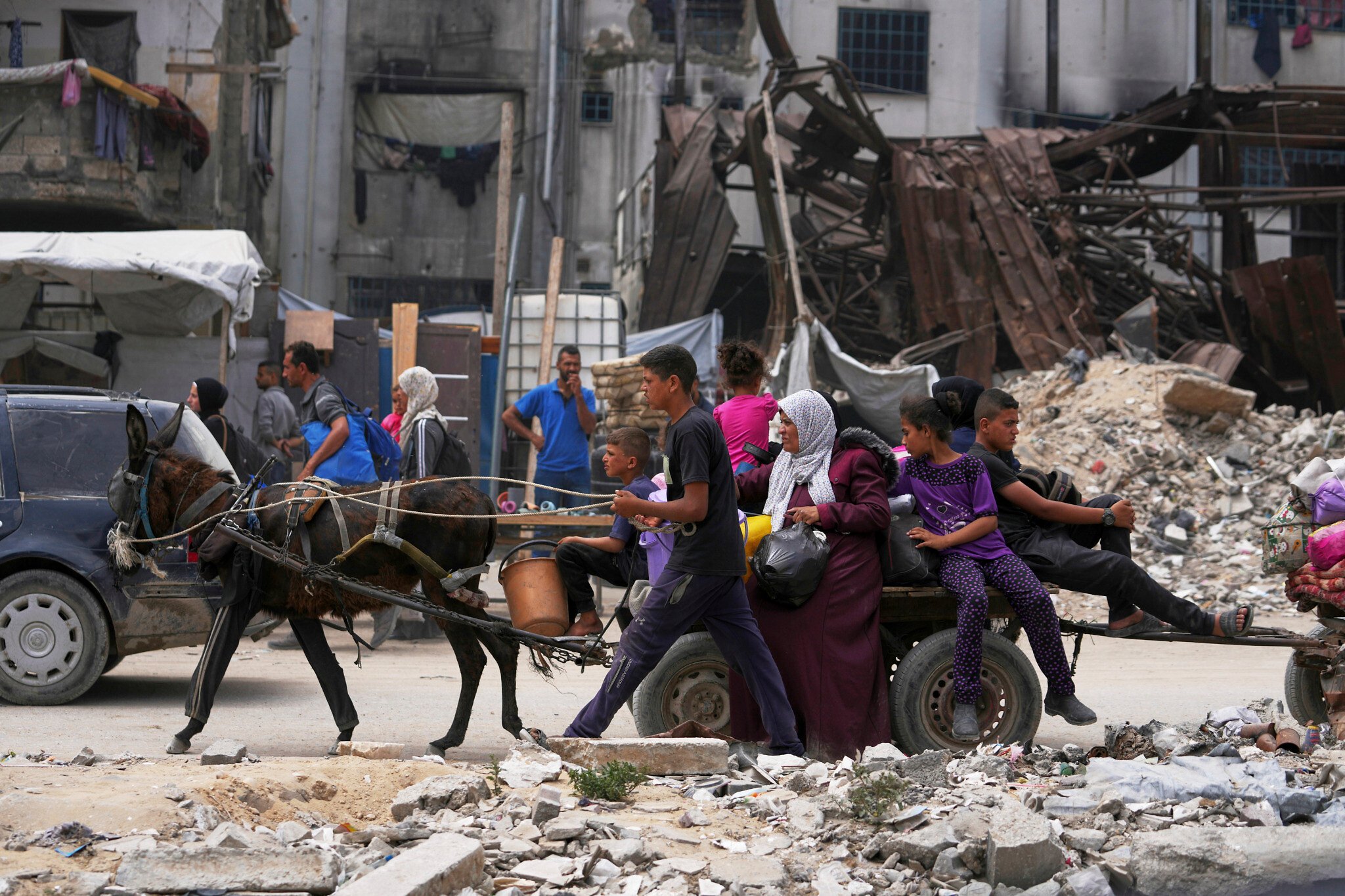
On Monday and Tuesday this week, Israel allowed a small number of aid trucks—including those carrying baby food and nutritional supplies—to enter Gaza through the Kerem Shalom crossing. UN officials said that while some supplies have made it inside, they have not yet been distributed to the population. The main reason for this delay is Israel’s requirement that all aid must be offloaded and checked before being reloaded and handed over to UN teams, a process that can take hours or even days.
What the UN Says
Stephane Dujarric, a spokesperson for the UN Secretary-General, called the recent deliveries “a drop in the ocean” compared to what is needed. He stressed that while more supplies are arriving, they are not enough to meet the massive needs of Gaza’s 2.4 million residents. The UN says that unless aid distribution speeds up, the risk of famine and disease will grow, especially among children, women, and the elderly.
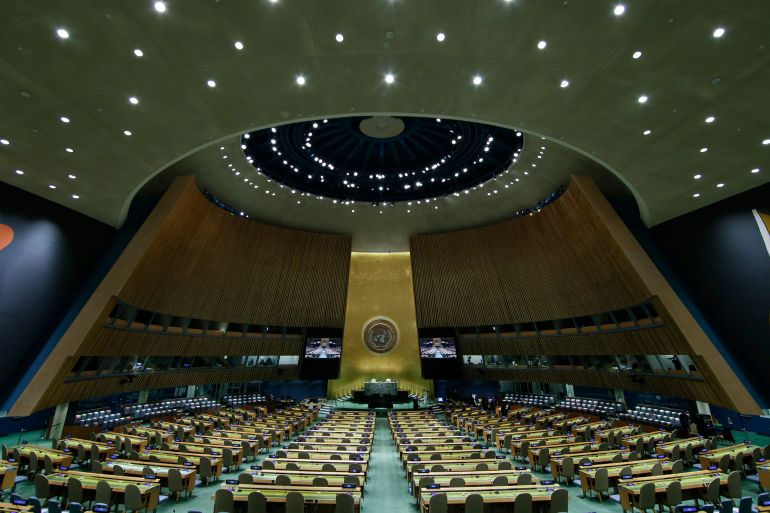
UNRWA, the UN agency for Palestinian refugees, has warned that malnutrition rates are rising rapidly. Their data shows that over half the population is facing emergency levels of food insecurity, and nearly a quarter are at risk of famine. “If the current food crisis continues, it could increase exponentially and spiral beyond our management,” said Aki Seita, UNRWA’s Director of Health.
Why Is Aid Not Reaching People?
The main barrier to aid distribution is Israel’s strict security procedures. All trucks must be checked multiple times, and UN teams often have to wait hours for clearance to collect the supplies. In addition, ongoing military operations and bombardments make it unsafe for aid workers to move around Gaza, further slowing down the process.
Some international officials have accused Israel of using humanitarian aid as a tool of war. Philippe Lazzarini, the head of UNRWA, said that blocking food and medicine could be considered a war crime. However, Israel argues that it must ensure that aid does not fall into the hands of Hamas, the militant group that controls Gaza.
International Response
The slow pace of aid delivery has led to growing anger and pressure on Israel from the international community. Countries like France, the UK, and Canada have criticized Israel’s actions and threatened to take further diplomatic action if the situation does not improve. The UK has already suspended trade talks with Israel and imposed new sanctions on Israeli settlers in the West Bank.
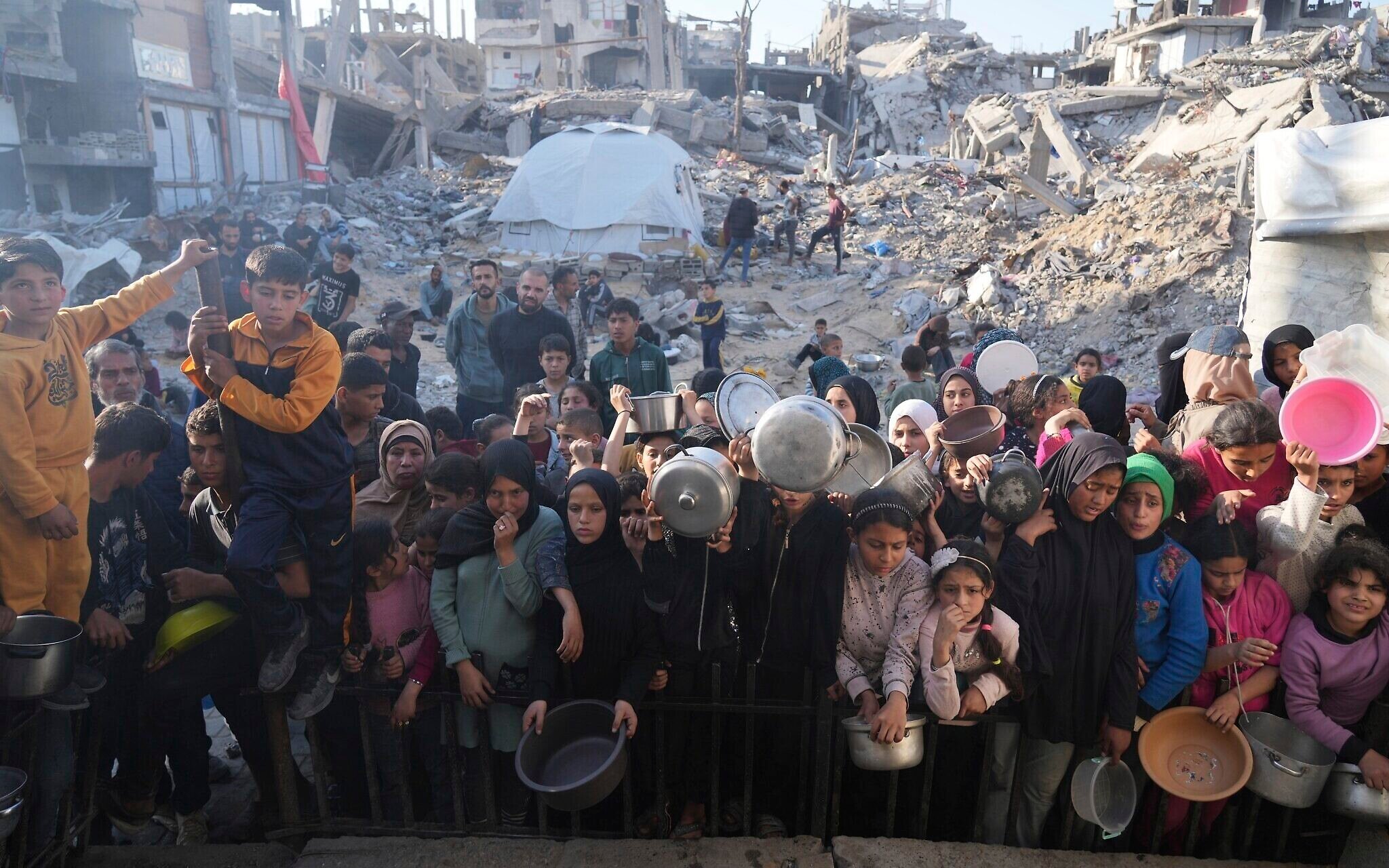
France’s foreign minister, Jean-Noel Barrot, described the current level of aid as “completely insufficient” and called for an immediate, massive, and unhindered humanitarian response. “We cannot turn a blind eye to the suffering of the Gazans,” he said.
Meanwhile, the US has announced a new foundation to coordinate aid for Gaza, aiming to bypass some of the current bottlenecks. However, many experts worry that without a ceasefire, even these efforts will not be enough to prevent a humanitarian catastrophe.
Why This Matters
The situation in Gaza is not just a political or military issue—it is a human tragedy. Millions of people are trapped in a war zone, with little access to food, water, or medical care. Children are especially at risk, with thousands facing death from hunger and disease if help does not arrive soon.

While it is important to ensure that aid does not reach armed groups, experts agree that the current system is not working. The delays and restrictions are causing unnecessary suffering and could have long-term consequences for the people of Gaza. The international community is calling for urgent action, but so far, no solution has been found.
What Happens Next?
The UN and its partners are working around the clock to deliver aid as quickly as possible. However, without a major change in policy from Israel and a reduction in fighting, the situation is unlikely to improve. The world is watching, and the pressure on Israel to allow more aid and to speed up distribution is growing every day.

In the meantime, the people of Gaza continue to suffer. Their voices are often lost in the political debates, but their needs are urgent and real. The question is not just about who is right or wrong—it is about how to save innocent lives before it is too late.
Final Note
The crisis in Gaza is a reminder of the terrible cost of war, especially for civilians caught in the middle. While the UN and international community are trying to help, the current system is not working fast enough. The people of Gaza need more than just promises—they need action, and they need it now. The world must find a way to put humanity first, before more lives are lost.
With inputs from agencies
Image Source: Multiple agencies
©️ Copyright 2025. All Rights Reserved. Powered by Vygr Media.

